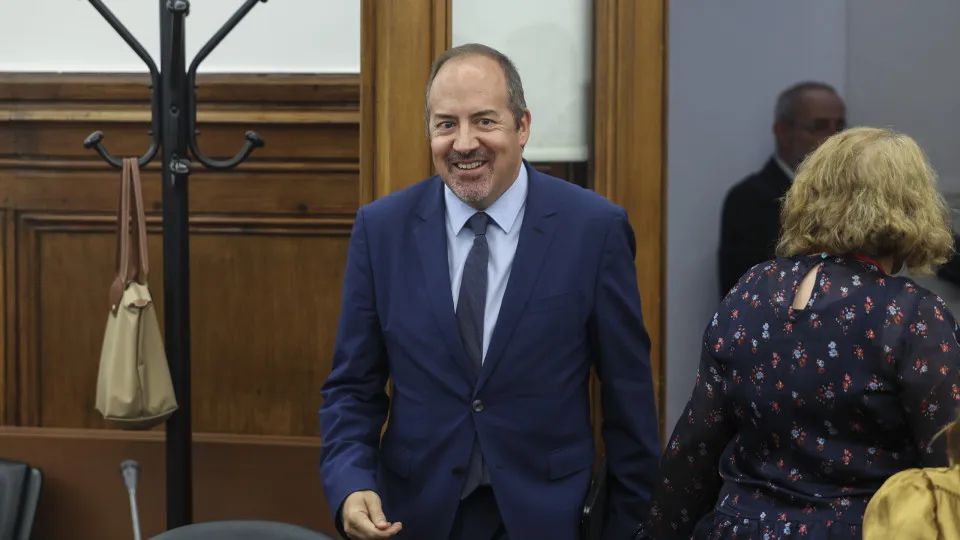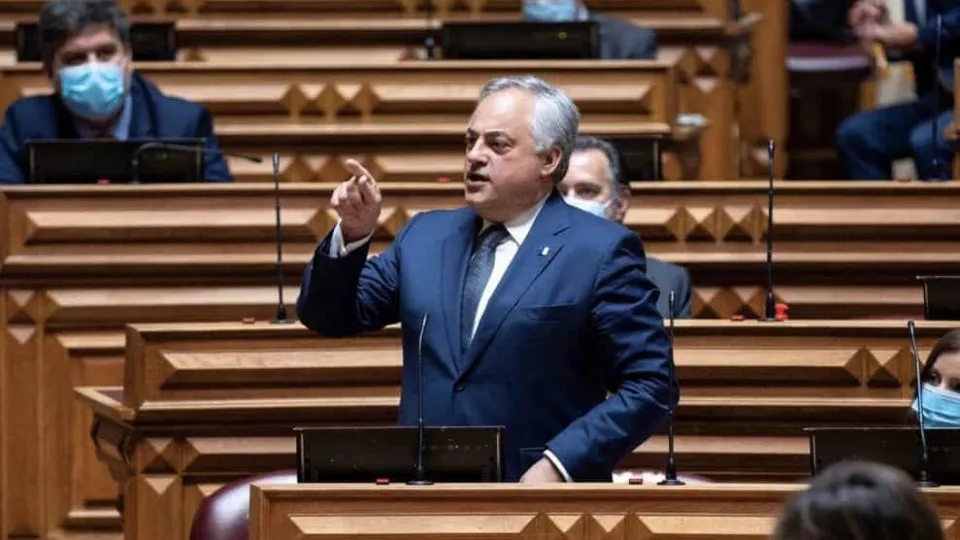
During his parliamentary hearing for the appointment as Governor of Banco de Portugal, Álvaro Santos Pereira outlined several economic risks, including budgetary risks, financial crises in less developed and emerging countries, and risks associated with crypto-assets.
Speaking before the Committee on Budget, Finance and Public Administration, Santos Pereira discussed his professional background, asserting that it provided him with the necessary technical, management, and diplomatic resources for the role of Governor of Banco de Portugal and as a member of the Governing Council of the European Central Bank.
He emphasized the heightened relevance of his experience in the current global climate, noting, “the uncertainty over economic policies is very high, following several shocks the global economy has faced in recent years.”
On a national level, the prospective governor further noted that “certain sectors may be impacted by tariffs,” while highlighting that “though reduced, indebtedness remains high.”
Despite improvements in public accounts, he issued a caution: “It is crucial to maintain fiscal discipline in coming years, allowing public debt to continue decreasing and providing flexibility in the event of unforeseen shocks or economic slowdown.”
In his assessment of the country’s economic and financial landscape, Santos Pereira pointed to developments in the real estate market and their potential impact.
The factors driving price increases, he stated, include “weak growth in housing supply versus demand,” along with “rising demand from foreign resident and non-resident buyers and declining interest rates.”
He advocated that “promoting housing supply must be an absolute national priority, not only for adequate living conditions but also to relieve debt pressure and reduce the risk to financial stability.”




